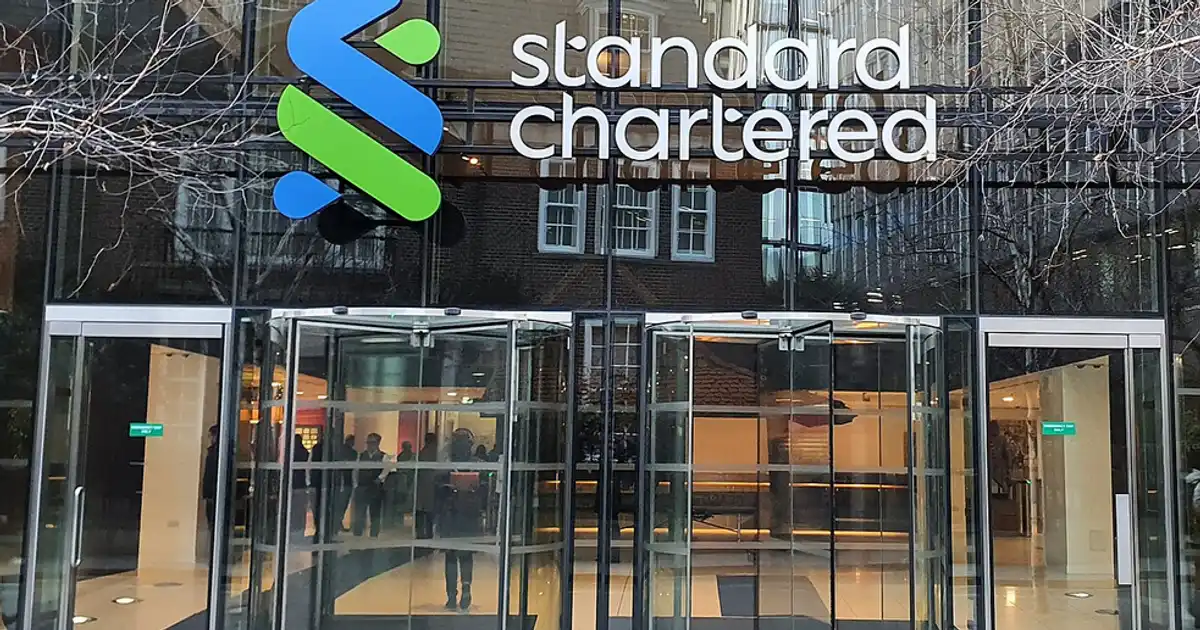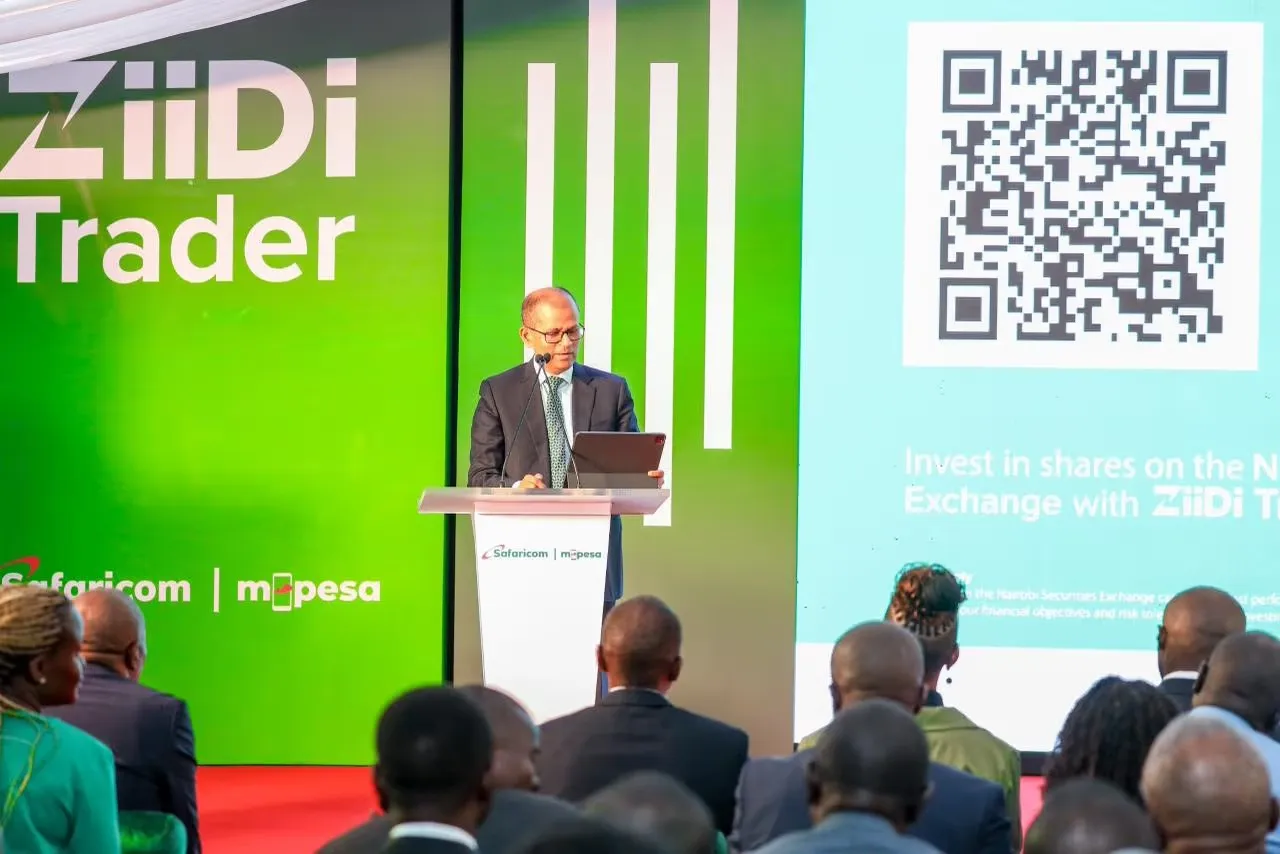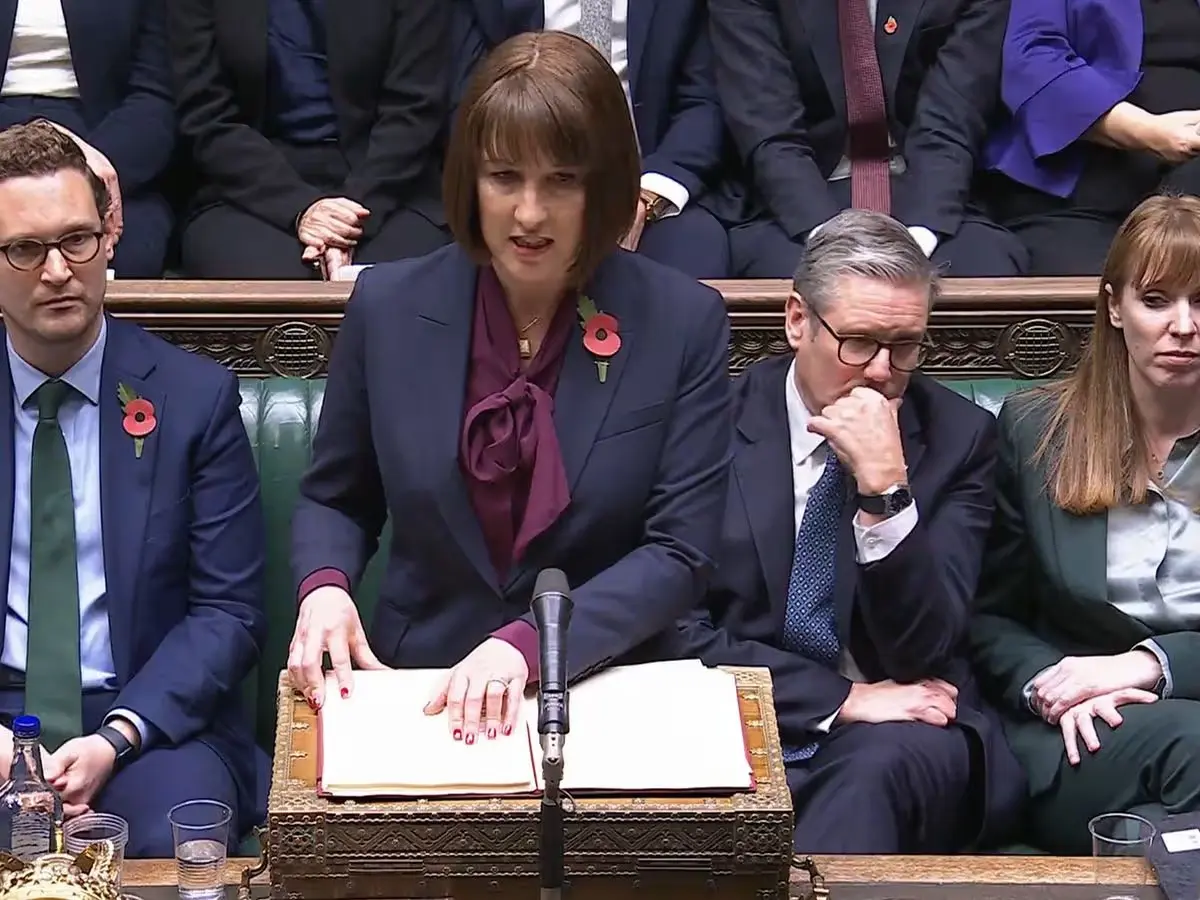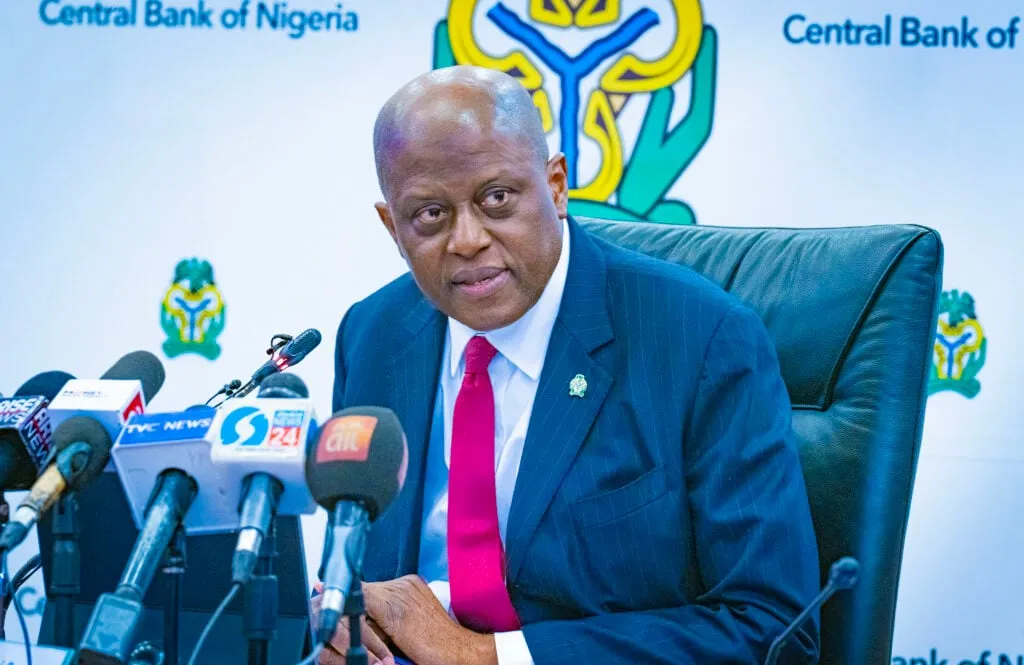In a clear sign of renewed confidence in North Africa’s financial promise, British banking giant Standard Chartered officially opened its new branch in Casablanca’s burgeoning Casa Anfa business district this week. The formal registration dated April 25 with the Casablanca Commercial Court cements Morocco’s economic capital as the cornerstone of Standard Chartered’s sub-Saharan Africa strategy — a move designed to consolidate high-value services from trade finance to institutional treasury management under one regional hub.
Casablanca’s rise as a gateway to Africa and beyond
Over the past decade, Casablanca has steadily shed its image as merely a regional hub to become North Africa’s premier financial center. Anchored by Casablanca Finance City (CFC), the city boasts a cluster of more than 200 member firms — including multinational banks, asset managers and professional service providers — that collectively generate over twenty-five billion U.S. dollars in annual revenues. Recognized as the top-ranked African financial center by international indices, Casablanca offers unique synergies between Europe, the Middle East and the African continent, accessible via its modern Casa-Anfa district and the well-connected Mohammed V International Airport, which links the city to some 140 destinations worldwide.
Casa-Anfa itself exemplifies Morocco’s urban renewal ambitions. Once an industrial zone riddled with disused factories, it now hosts gleaming office towers, leafy boulevards and integrated residential quarters. For Standard Chartered, situating its regional operations there not only ensures proximity to government ministries and multinational headquarters but also places it among a growing ecosystem of fintech startups, consulting firms and private equity houses that call CFC home.
A strategic realignment rather than a retreat
Standard Chartered’s Casablanca opening comes at a time when the bank has been reconfiguring its African footprint. In recent years, the lender has exited smaller, lower-growth markets such as Zimbabwe, Angola and Cameroon, opting instead to concentrate resources on high-potential corridors. Casablanca offers an ideal pivot point: just a four-hour flight from major European capitals, a similar hop to West African financial centers, and a gateway to East African markets via direct connections to Nairobi and Lagos.
Chris Egberink, Standard Chartered’s head of the South Africa region, described Casablanca as an “unmatched anchor point” for a coherent continental presence, highlighting the bank’s intention to “serve clients across sub-Saharan Africa more effectively while forging stronger economic links between Europe and Africa.”
Leveraging Casablanca Finance City’s competitive edge
Key to the appeal of Casablanca is its status under the CFC framework, a government-backed initiative launched in 2010 to attract foreign and regional headquarters with a suite of fiscal and regulatory incentives. Companies granted CFC status enjoy:
- Corporate tax exemption for the first five years, followed by a preferential rate that starts at 15 percent and gradually aligns with national standards.
- A reduced corporate income tax rate of 8.75 percent for operations beyond the initial exemption period, encouraging long-term commitments.
- Personal income tax capped at 20 percent for employees of CFC-registered firms for up to ten years, making talent recruitment and retention more cost-effective.
- Full exemption from withholding taxes on dividends and capital gains, as well as waived registration and stamp duties, streamlining cross-border investment flows.
- Unrestricted repatriation of profits and capital, reassuring multinational boards accustomed to complex compliance landscapes.
These advantages have helped Casablanca Finance City attract marquee names: global banks, commodity traders, insurance giants and professional advisers. The CFC Authority reports that member investments have topped twelve billion dollars since inception, and roughly eighty percent of African Fortune 500 companies maintain a Casablanca outpost.
Standard Chartered’s evolving Africa playbook
Standard Chartered’s decision in Casablanca dovetails with a broader corporate pivot toward fee-based, high-margin services. After posting an 18 percent uptick in annual profit in early 2025 — driven by record wealth revenues and a robust markets division — the bank announced its largest share buyback in history, signaling confidence in its strategic direction. The firm has also strengthened its global banking leadership by appointing experienced figures such as former South African bank boss Maria Ramos to its board and bringing on Andrea Casati to expand client development in Asia-Pacific. Now, with Casablanca as a hub, the bank aims to replicate this success by expanding trade finance, syndicated lending and treasury solutions across Francophone and Anglophone Africa alike.
The Casablanca branch will house dedicated teams for structured trade and commodities finance, liquidity management, and bespoke advisory services for multinational corporates and financial institutions. By centralizing these functions, Standard Chartered seeks to reduce operational redundancies, shorten decision-making loops and deliver a seamless cross-border experience — from project financing in Côte d’Ivoire to offshore energy transactions in Ghana.
Morocco’s macro backdrop and financial reforms
Morocco’s own economic indicators reinforce the timing of this move. After moderate GDP growth of 3.2 percent in 2024, the country is on track to accelerate toward a four-percent expansion in 2025, underpinned by government spending on infrastructure and a booming tourism sector. Inflation has stabilized near three percent, and foreign direct investment inflows exceeded seven billion dollars last year, supported by reforms in education, digitalization and renewable energy.
Darija and French-speaking talent pools, combined with rising English proficiency, bolster Casablanca’s multilingual workforce. Local universities and vocational institutes graduate thousands of finance, IT and engineering professionals each year, feeding both startups and established institutions. Moreover, Morocco’s self-styled transformation into a regional fintech hub — highlighted by regulatory sandboxes for digital banks and mobile-money innovators — adds another layer of dynamism to the city’s financial ecosystem.
Catalyzing local impact and skills development
Beyond corporate strategy, Standard Chartered’s expansion carries social and developmental dividends. The bank has committed to upskilling local talent through partnerships with Moroccan universities and professional associations, offering mentorship programs, internships and technical workshops. Early indications suggest that these initiatives could improve employability outcomes and foster a new generation of bankers versed in both international best practices and local market nuances.
Community engagement is also on the agenda. Standard Chartered plans to support financial inclusion efforts in underbanked regions by providing digital banking pilots that leverage the bank’s global mobile-wallet expertise. These pilots aim to bring affordable savings, loans and payment services to rural communities, aligning with Morocco’s broader financial inclusion targets.
Competitive landscape: Casablanca versus other African hubs
Standard Chartered’s focus on Casablanca does not preclude interest in other African hotspots, but it does signal a relative shift. South Africa’s Johannesburg, long viewed as sub-Saharan financial capital, has faced challenges from regulatory gray-listing and currency volatility. Lagos struggles with grid-locking and infrastructure deficits, while Nairobi, though vibrant in fintech and venture capital, contends with fragmented regulatory frameworks across East African Community members.
Casablanca, by contrast, offers political stability, a unified legal system, and a strategic perch at the crossroads of Europe, Asia and Africa. The upcoming 2026 United Nations Climate Change Conference (COP30) to be hosted in Morocco will only spotlight the country’s commitment to sustainable finance, carbon trading schemes and green bond markets — areas where Standard Chartered has already established leadership globally.
Challenges and the road ahead
Of course, the venture is not without hurdles. Regional geopolitical tensions, occasional flashpoints around Western Sahara, and the enduring specter of global economic slowdown could test the bank’s resilience. Ensuring compliance with evolving international standards on anti-money laundering and counter-terrorism financing will require sustained investment in risk systems and local expertise. And while CFC incentives are generous, future amendments to tax or labor laws could recalibrate the cost-benefit calculus.
Nonetheless, Standard Chartered’s timing coincides with broader shifts in global capital flows toward emerging markets. Corporations increasingly seek deeper engagement in Africa’s growth story, and banks that can offer integrated trade, treasury and capital markets solutions stand to capture outsized returns. By anchoring these capabilities in Casablanca, Standard Chartered bets on Morocco’s diplomatic stability, progressive reforms and geographic advantage.
Conclusion: forging a new African financial corridor
Standard Chartered’s new Casablanca branch represents more than a change of postal address; it is a strategic realignment that places Morocco at the center of the bank’s Africa ambitions. Tapping into Casablanca Finance City’s world-class infrastructure, preferential fiscal regime and thriving talent pool, the bank aims to deliver sophisticated financial services from a single, efficient platform. If successful, this move could redefine how global capital navigates the continent — flowing fluidly between Europe, North Africa and sub-Saharan markets under the banner of one of the world’s most storied banking franchises. As Casablanca’s skyline continues to rise, so too does its potential to reshape Africa’s financial landscape, with Standard Chartered poised to play a leading role in this unfolding narrative.
Ready to take your career to the next level? Join our dynamic courses: ACCA, HESI A2, ATI TEAS 7 , HESI EXIT , NCLEX – RN and NCLEX – PN, Financial Literacy!🌟 Dive into a world of opportunities and empower yourself for success. Explore more at Serrari Ed and start your exciting journey today! ✨
Photo source: Google
By: Montel Kamau
Serrari Financial Analyst
30th April, 2025
Article, Financial and News Disclaimer
The Value of a Financial Advisor
While this article offers valuable insights, it is essential to recognize that personal finance can be highly complex and unique to each individual. A financial advisor provides professional expertise and personalized guidance to help you make well-informed decisions tailored to your specific circumstances and goals.
Beyond offering knowledge, a financial advisor serves as a trusted partner to help you stay disciplined, avoid common pitfalls, and remain focused on your long-term objectives. Their perspective and experience can complement your own efforts, enhancing your financial well-being and ensuring a more confident approach to managing your finances.
Disclaimer: This article is for informational purposes only and does not constitute financial advice. Readers are encouraged to consult a licensed financial advisor to obtain guidance specific to their financial situation.
Article and News Disclaimer
The information provided on www.serrarigroup.com is for general informational purposes only. While we strive to keep the information up to date and accurate, we make no representations or warranties of any kind, express or implied, about the completeness, accuracy, reliability, suitability, or availability with respect to the website or the information, products, services, or related graphics contained on the website for any purpose. Any reliance you place on such information is therefore strictly at your own risk.
www.serrarigroup.com is not responsible for any errors or omissions, or for the results obtained from the use of this information. All information on the website is provided on an as-is basis, with no guarantee of completeness, accuracy, timeliness, or of the results obtained from the use of this information, and without warranty of any kind, express or implied, including but not limited to warranties of performance, merchantability, and fitness for a particular purpose.
In no event will www.serrarigroup.com be liable to you or anyone else for any decision made or action taken in reliance on the information provided on the website or for any consequential, special, or similar damages, even if advised of the possibility of such damages.
The articles, news, and information presented on www.serrarigroup.com reflect the opinions of the respective authors and contributors and do not necessarily represent the views of the website or its management. Any views or opinions expressed are solely those of the individual authors and do not represent the website's views or opinions as a whole.
The content on www.serrarigroup.com may include links to external websites, which are provided for convenience and informational purposes only. We have no control over the nature, content, and availability of those sites. The inclusion of any links does not necessarily imply a recommendation or endorsement of the views expressed within them.
Every effort is made to keep the website up and running smoothly. However, www.serrarigroup.com takes no responsibility for, and will not be liable for, the website being temporarily unavailable due to technical issues beyond our control.
Please note that laws, regulations, and information can change rapidly, and we advise you to conduct further research and seek professional advice when necessary.
By using www.serrarigroup.com, you agree to this disclaimer and its terms. If you do not agree with this disclaimer, please do not use the website.
www.serrarigroup.com, reserves the right to update, modify, or remove any part of this disclaimer without prior notice. It is your responsibility to review this disclaimer periodically for changes.
Serrari Group 2025
















